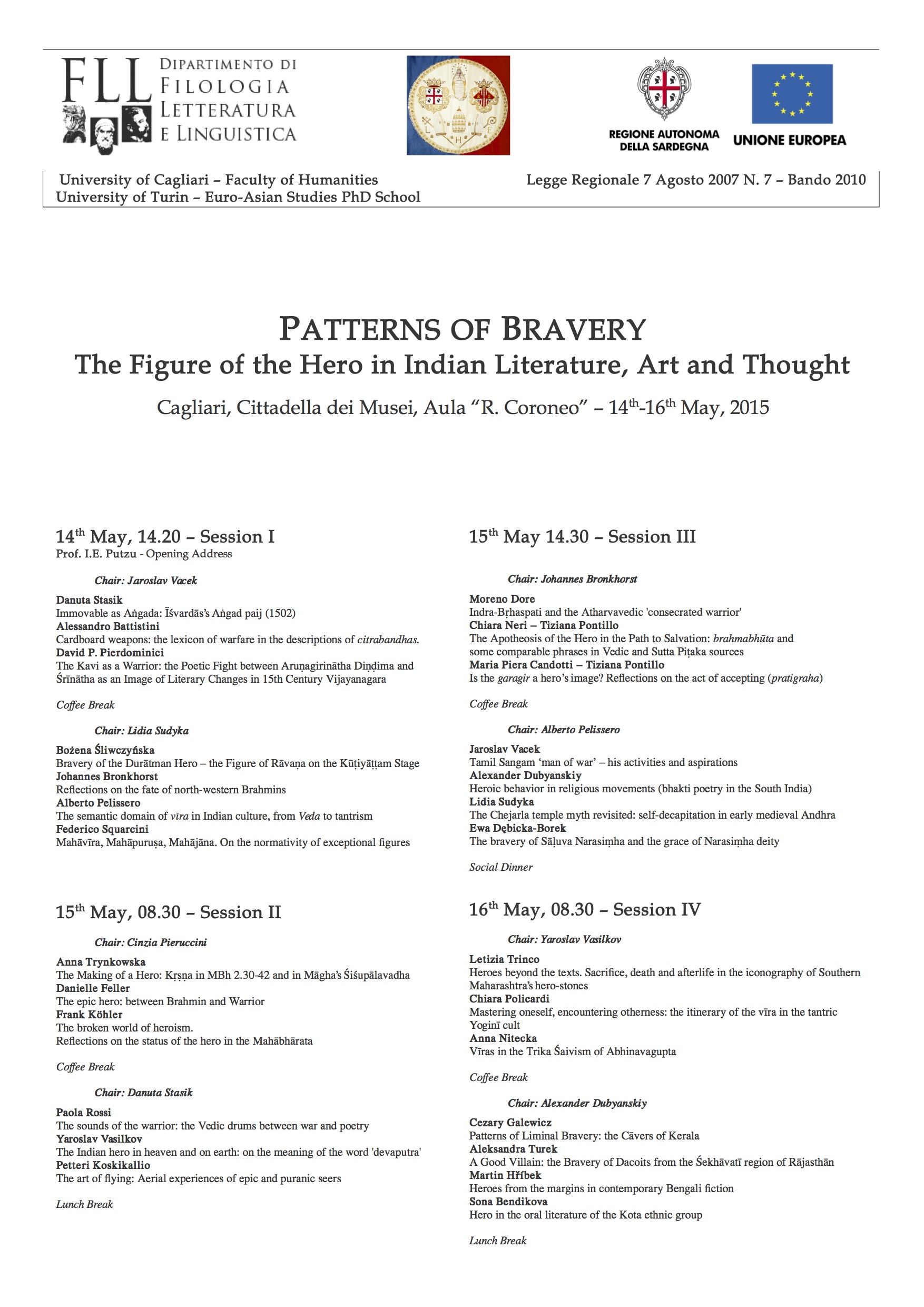Curator, South Indian Collections
Salary range is £31,858 – £36,087 per annum
Full time (36 hours per week)
Permanent
St Pancras, London
Start date on or after 14th September 2015
The British Library’s collections from and relating to South Asia are the most extensive in the world outside the region, and they are among the British Library’s most important resources. This role will focus on the collections from southern India, and will combine elements of collection development, research, cultural engagement, digital and digitisation projects, and international partnerships, all working towards ensuring that the broadest possible audiences can access the South Indian collections held at the British Library.
The major languages represented in these collections are Tamil, Telugu, Kannada and Malayalam, and the ideal candidate will have a good knowledge of one or more of these. They will also have a degree-level qualification in a relevant discipline, and a deep interest in the history and cultures of South Asia, and particularly of South India. These will be underpinned by research or employment experience in a research library, museum, academic or other appropriate environment, and by academic study or research. Although not essential, experience of or interest in international partnerships or project management would be an advantage.
For further information and to apply, please visit www.bl.uk/careers quoting vacancy ref: COL00206
Closing Date: 13th July 2015
An interview date is to be confirmed
https://gs10.globalsuccessor.com/fe/tpl_britishlibrary01.asp?

